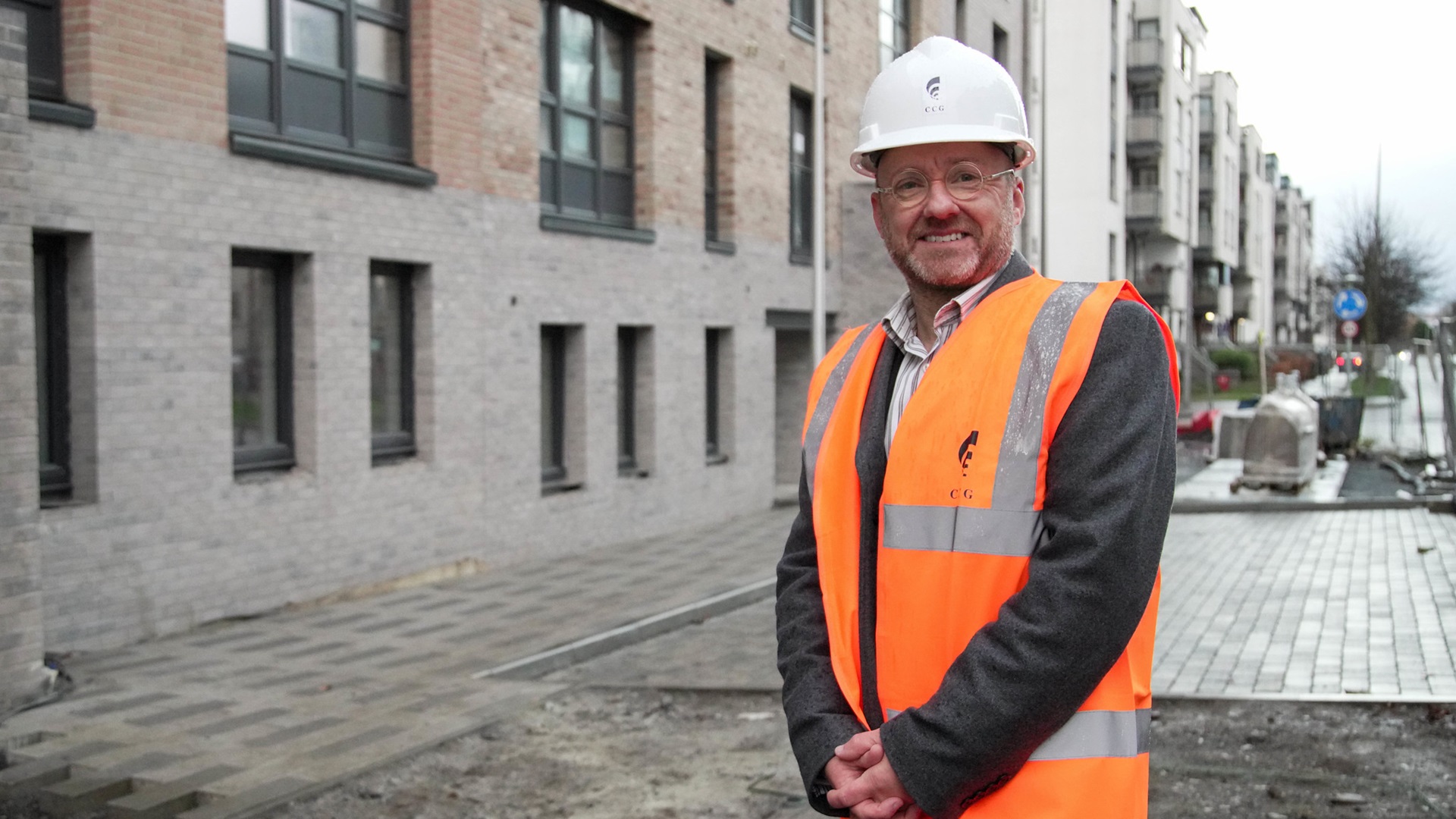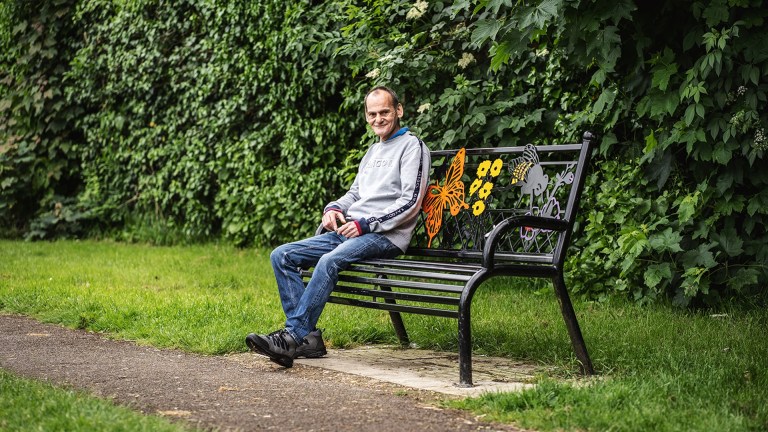“Government regulation is simply not strong enough. Landlords are exploiting every loophole and opportunity to increase rent and displace tenants while blaming the existing rent cap for an out of control market.
“Rents in Scotland have continued to rise in line with the rest of the UK because the temporary measures don’t go far enough, and don’t apply between tenancies. The solution to this is a robust system of rent controls tied to the property, not the tenancy, which protects all tenants.”
The housing crisis has continued to worsen in Scotland in recent years with three local authorities declaring a housing emergency in the last year, including Edinburgh and Glasgow.
The Scottish government is developing a form of rent controls but pro-tenant groups argue that rents are already too high.
Official figures show that rents have increased by more than 50% on average across Scotland in the last 13 years.
That’s higher in some areas with Greater Glasgow rents increasing by as much as 86% on average in that time.
Rents have increased despite the protections for renters.
Tenants saw 14.3% increases in the year up to September 2023, up £105 per month on average to a typical rent of £841 a month.
Renters in Greater Glasgow, once again, bore the brunt of the rises with rents up 22% on average to reach £1,050 a month.
The lack of affordable housing and rising numbers of households living in temporary accommodation saw Crisis’ Scottish Homelessness Monitor predict that homelessness could rise by a third in the next two years.
Gilbert said ministers must cap rents, invest in affordable housing and review its overall strategy in a call backed by the Scottish Trade Union Congress alongside unions Unison, Unite, GMB, UCU, the RMT, PCS, and the CWU.
“With the Scottish government receiving criticism from across the board due to its cuts to affordable housing and its ending of the rent cap, it is clear it urgently needs to review its housing strategy, reverse its cuts to affordable housing, and introduce a national rent cap and eviction ban,” said Gilbert.
“Without this we will see a tidal wave of rent increases, de-facto evictions and a sharp rise in homelessness.”
The Scottish government announced the end of the cap in January and said tenants can apply for rent adjudication to challenge rent rises.
In that case, Rent Service Scotland or a first-tier tribunal will set rent based on the lowest of the open market rate, the rent requested by the landlord and a comparator based on the difference between the market rate and current rent.
Tenants’ rights minister Patrick Harvie said, at the time, that the move would provide a level of “protection for private tenants which remains far greater than anywhere else in the UK”.
He added that landlords will be able to “react to an increase in costs” and “reinvest in our private rented sector”.
“Our emergency legislation, including the rent cap, has led the way at a time when rents have been rising across the UK, striking an important balance between protection for tenants and the rights of landlords,” said Harvie.
“We have proposed that from 1 April, tenants continue to have additional protection so that they do not face the very sudden rises that could apply if rents were to return to open market rates in one step.
“We will accompany this with a campaign focusing on private tenants, aimed at increasing awareness of their rights and empowering them to assert these rights if required by accessing the available support, particularly amongst the more vulnerable groups, and an online tool to help tenants see how the new rules could apply to them. We welcome support from both landlord and tenant bodies in spreading those messages.”
Do you have a story to tell or opinions to share about this? We want to hear from you. Get in touch and tell us more.









